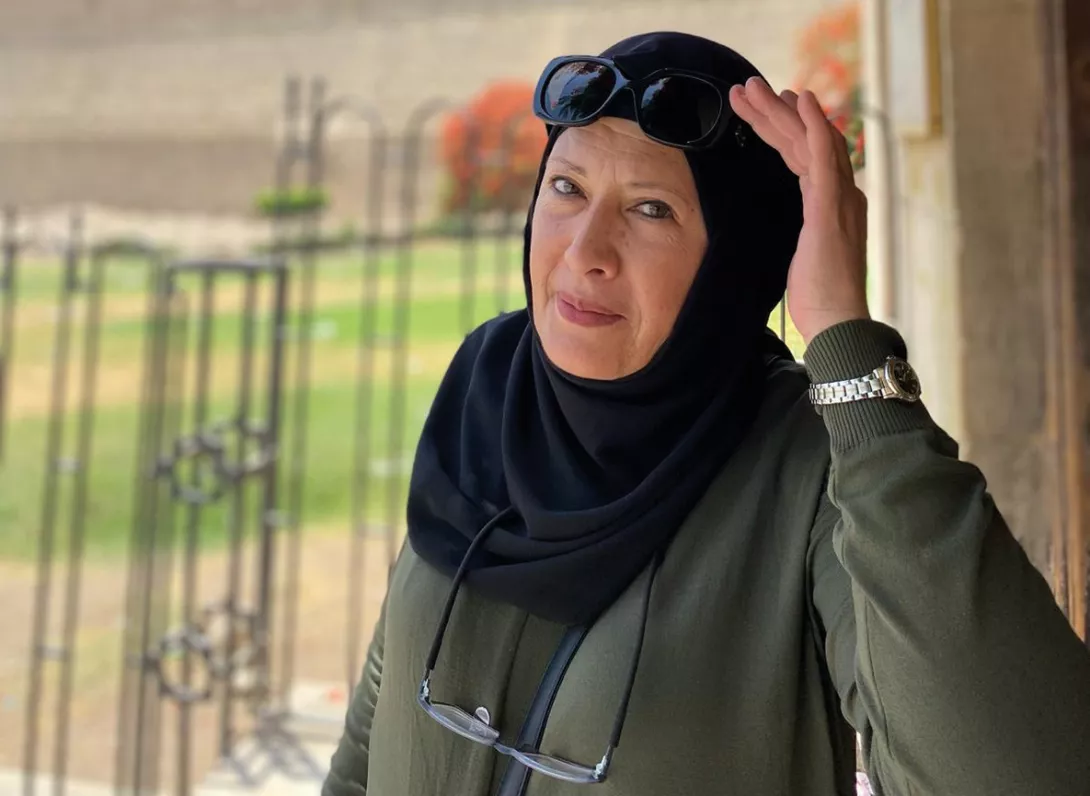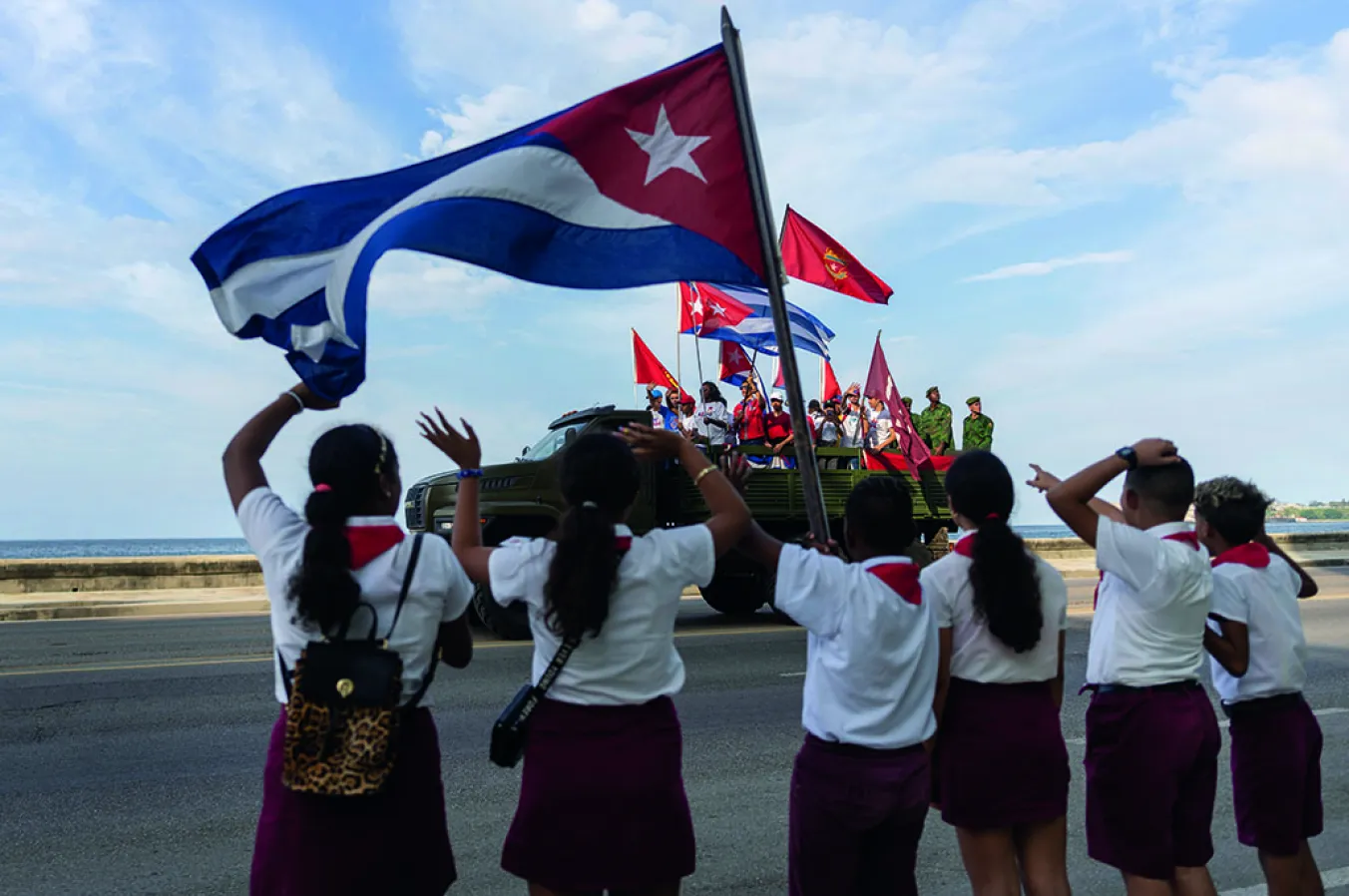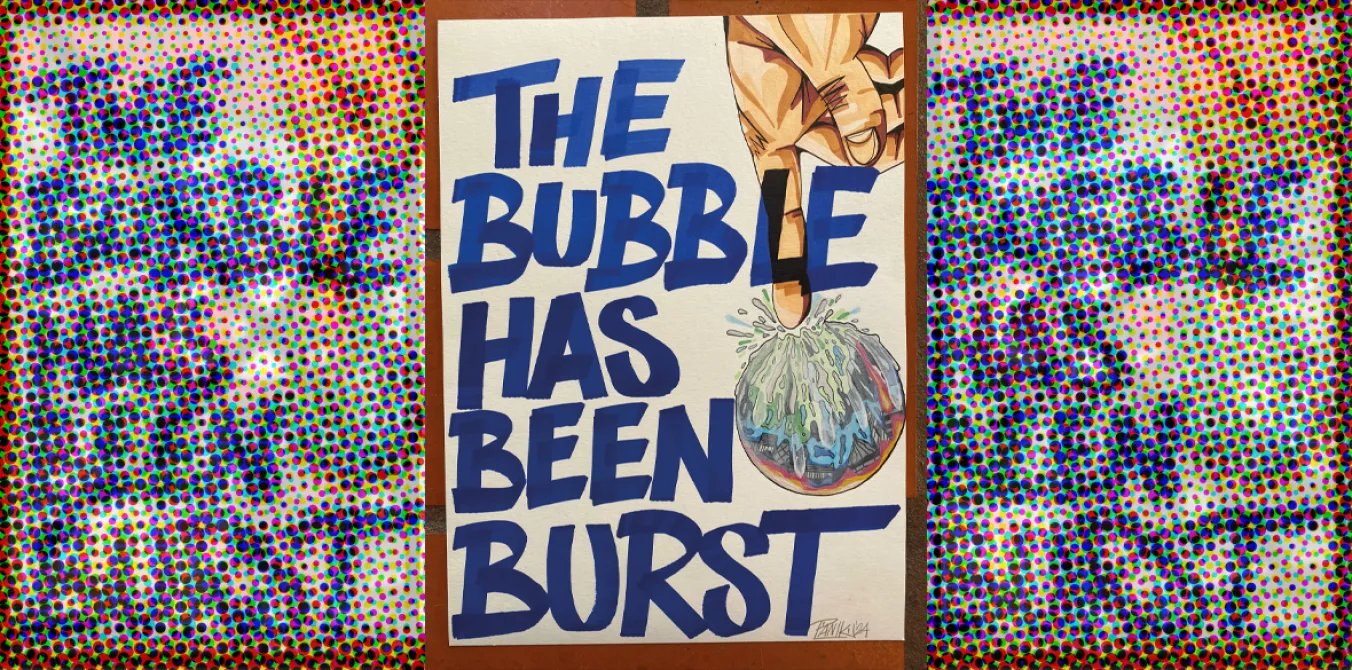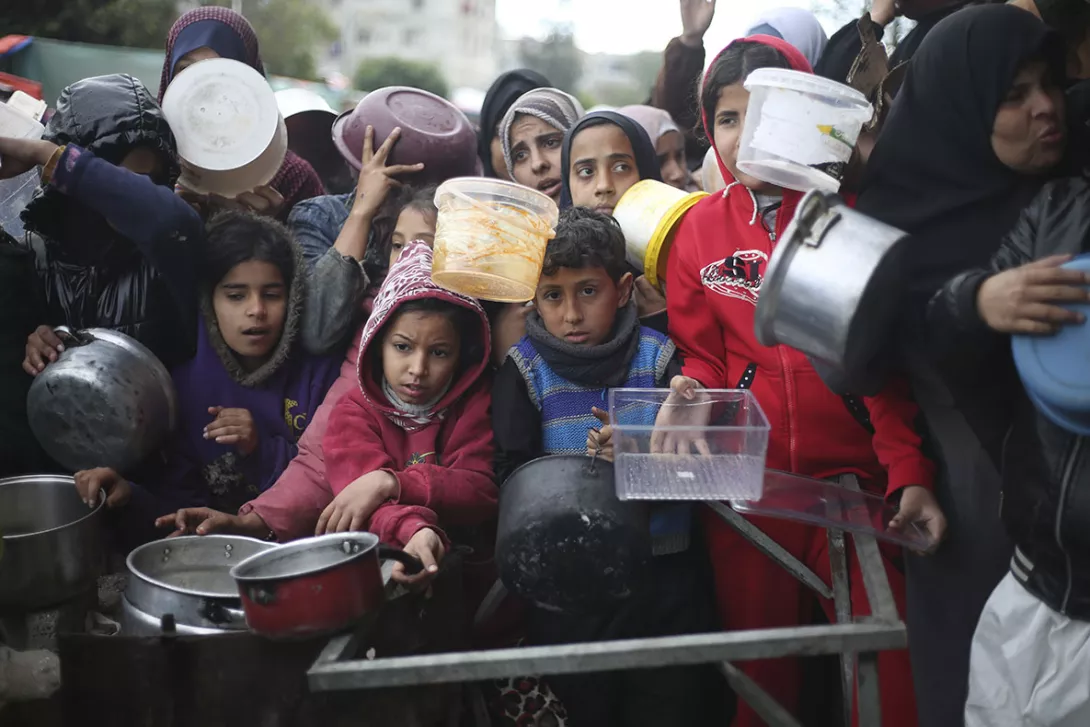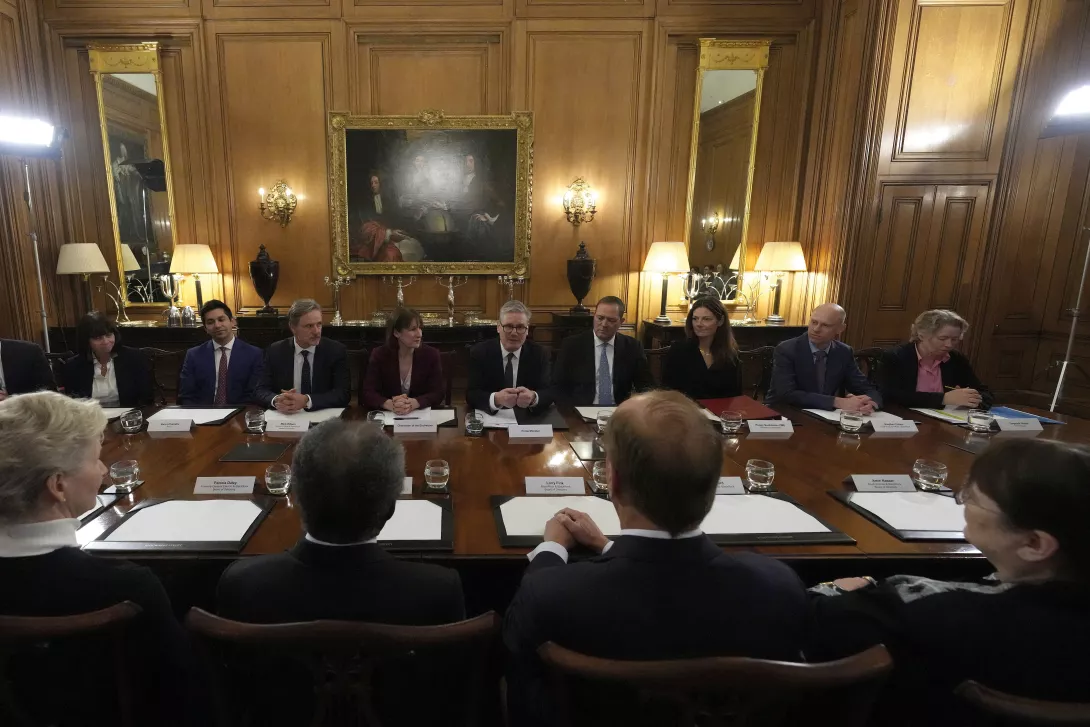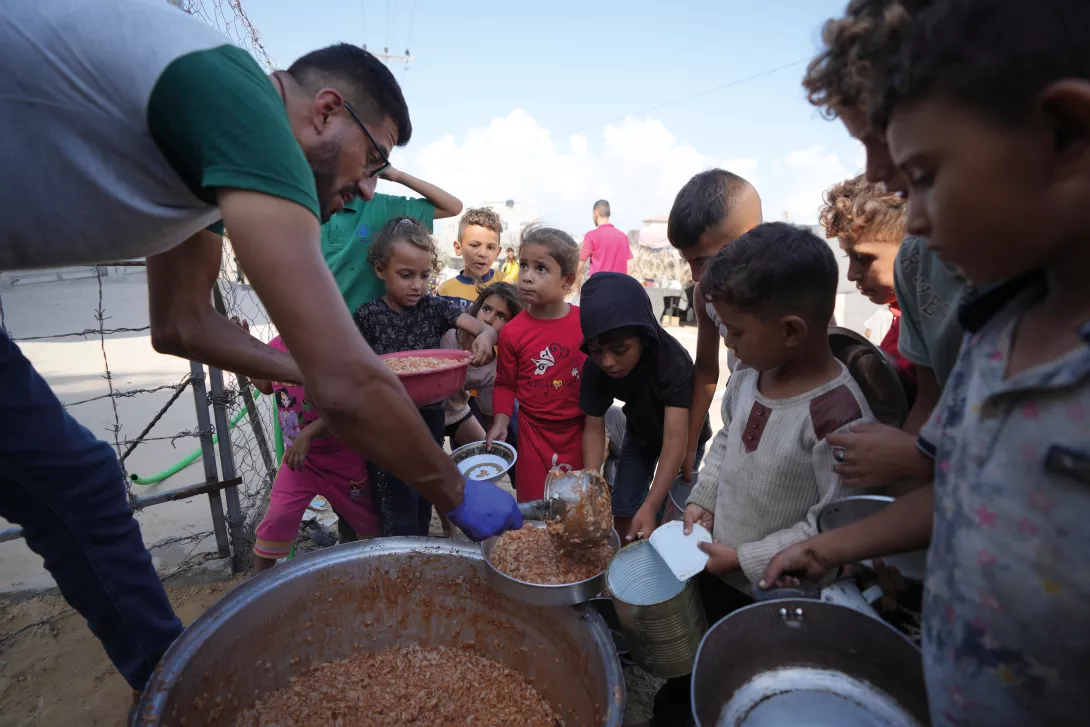
AS I stand here today looking out at the world, I ask myself, how can this be real? How can this be the world we are living in?
All of you here are beacons of hope in this darkness. Here you stand embodied, with the fullness of your voice, in a world that demands that we are always in motion, numb to the reality that enters our lives through our phones and the images that come to us day after day of this genocide in Gaza.
If you’re anything like me, you’ll have gone through stages of looking and then looking away, churning through feelings of helplessness, and breaking down when there’s nothing else.
Somehow, over 14 months, these images have become genres, possible to categorise, as the reality repeats itself.
More lifeless babies pulled out from the rubble. More children waking up to a world in which they have been orphaned, recognising no-one. More children running after their bleeding parents, or hugging their graves. More mothers and fathers wailing over the bodies of their children.
More aid trucks joyously held back. More hospitals evacuated or bombed. More schools used as shelters turned into the sites of massacres. More bodies burning alive. More body parts thrown into black bags and then weighed to approximate a human being.
How can it be that after 14 months, we are still here?
As I stand here, I am reminded of the words of my friend Alaa Abdel Fattah, who many of you will know is unjustly held in prison in Egypt. A British Egyptian citizen, his mother now on 62 days of hunger strike. Yet again being failed by our government. These words are from his book, You Have Not Yet Been Defeated:
“They will not eject you from history as long as you can still speak; they will not banish you to the past as long as you can still listen. But which present do you inhabit?
“Haunt the dreams of your comrades, and the nightmares of your enemies, live in a future that never came — be a spectre, a memory, and a herald. Remind them that the current state was not inevitable until it came to be.
